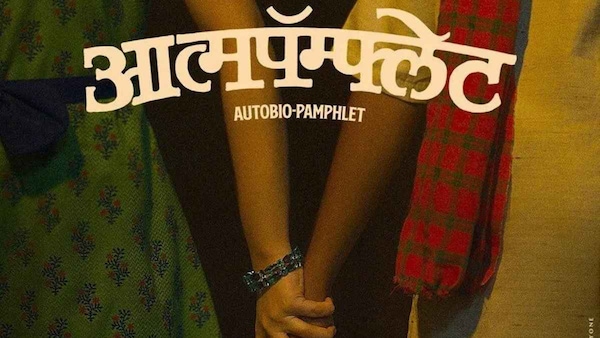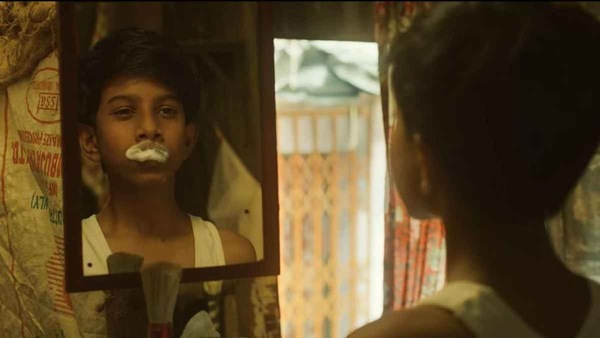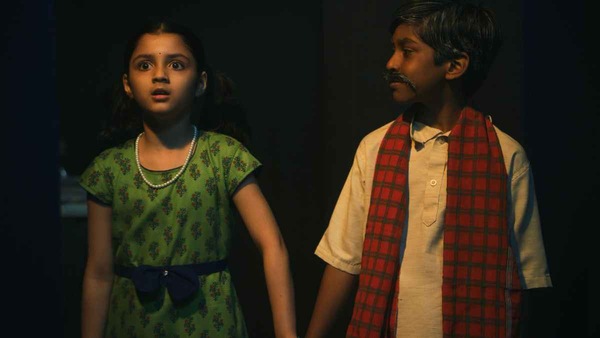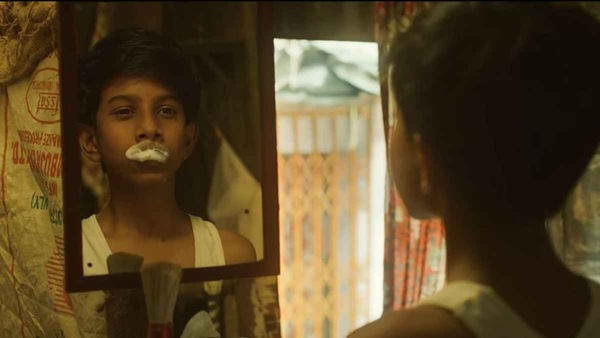Aatmapamphlet review: The Marathi satirical comedy is the perfect film for ‘new India’
The film is an under-appreciated gem that deserves all the plaudits that are coming its way

Last Updated: 03.59 PM, Nov 10, 2023
Story: Ashish Avinash Bende narrates the story of how he fell in love with his classmate Shrushti at the age of eight. The narrative follows Ashish during his school years between classes four to nine as he hopes to find the courage to confess his feelings to Shrushti. As Ashish and his friends navigate through their years in school, the world around them keeps changing – socially, politically, and culturally.
Review: When Aamir Khan’s PK was released in 2014, it became an instant success, shattering several box office records and garnering plenty of praise from critics. The film uses satire to convey socio-political messages about religion, caste, and individualism. However, the film leans too heavily on its message without the use of subtext. It is unapologetically on the nose and features monologues by Aamir Khan preaching about unity in diversity. While the effort to put across a powerful message must be applauded, the lack of nuance renders it contrived. The Marathi film Aatmapamphlet explores similar themes but is vastly different in its execution when compared to Khan’s Bollywood blockbuster.

Directed by Ashish Avinash Bende, the film narrates the story of his namesake during the late ‘80s and early ‘90s. The narrative focuses on his efforts to confess his feelings for his classmate, Shrushti, as their story unfolds against the backdrop of major social and political events in Indian history. As the narrative progresses it becomes evident that the love story is a plot device to explore the film’s real story about the innocence of adolescence. It scrutinises how society corrupts children with religious dogmatism as they grow older, creating a generation of individuals embracing a sense of tribalism towards their ideology, caste, and religion.

The film captures how Ashish, who is from a lower caste, is best friends with a boy who is an upper caste, without even realising that they belong to different castes. It is only when Ashish and his friends are introduced to the whole spectrum of a multitude of beliefs in Indian society, do they briefly form alliances as well as rivalries. Of course, it is short-lived as the young boys realise to set their differences aside and to become friends once again. Director Bende has crafted these scenes with attention to detail, allegories, and foreshadowing. He also uses the backgrounds in these scenes to convey deeper meaning to the overarching story, whilst keeping the satirical humour and heart of the story intact.

The opening scenes of the film would give one the impression that it has taken plenty of inspiration from Wes Anderson's filmmaking style, but it soon becomes apparent they are but homage and plot devices. But the third act is where the narrative fully realises its compelling characters. While the resolution to Ashish’s love story becomes increasingly captivating, one will come to the realisation that their love is also a tool to explore the complexities of India’s social fabric. The writers have also examined how even the oppressed harbour prejudicial attitudes towards another sect of people whom they consider inferior. It draws a parallel to the pyramid structure where discrimination has a trickle-down effect from top to bottom, and how it is amplified depending on the socio-political climate. While director Ashish Avinash Bende and writer Paresh Mokashi certainly merit praise, Om Bendkhale, who plays the young Ashish for a vast majority of the film, deserves praise for his mature performance as the protagonist.

Verdict: Ashish Avinash Bende’s Aatmapamphlet is a carefully crafted film loaded with a smart satirical comedy, compelling characters, and a heartwarming love story. The plot is set against the backdrop of the complex socio-political and economic shifts in the ‘80s and ‘90s India and offers a fascinating insight into nuances of India’s socio-political and cultural fabric.

 Premium
Premium